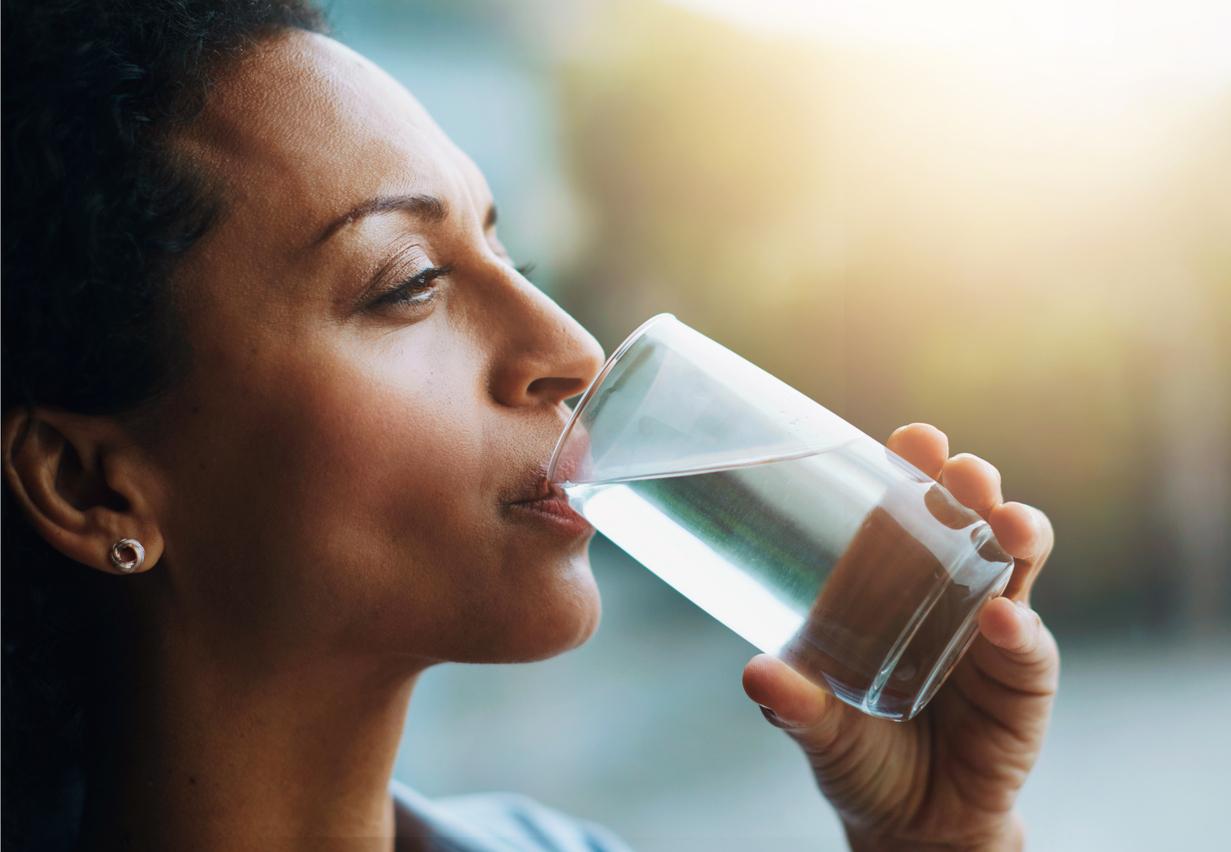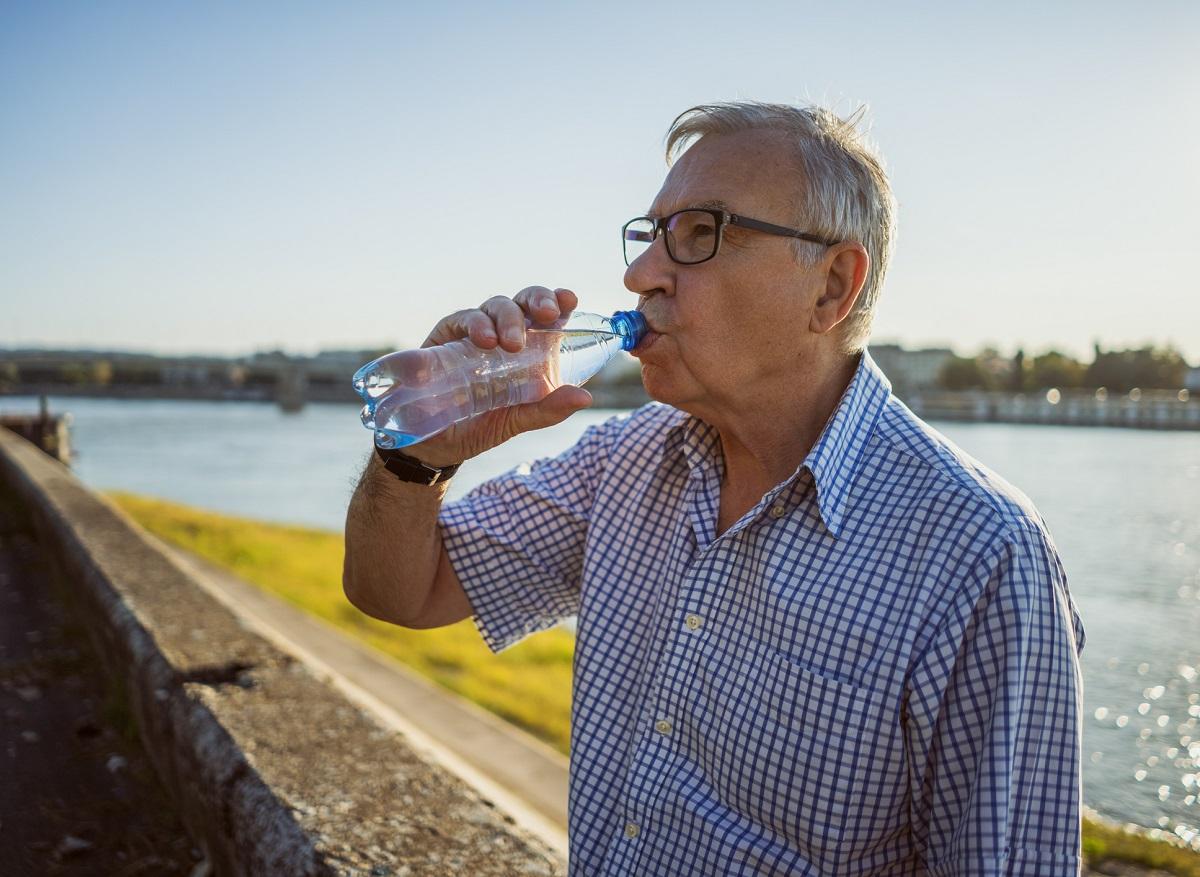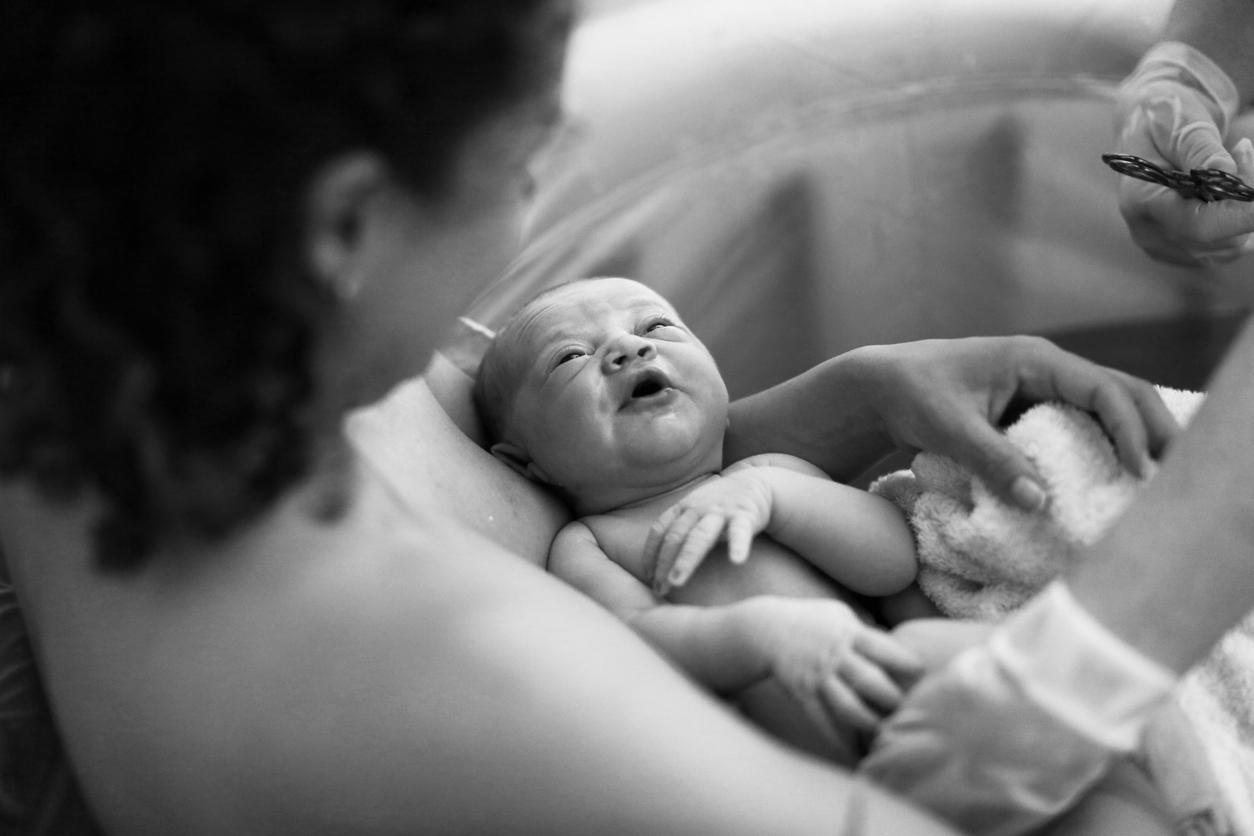Drought has been raging in South Africa since 2015. As summer draws to a close for them, the level of water reservoirs is at its lowest. Even if the winter season begins, it would have to be extremely rainy to be able to fill, even a little, the dams storing the water of the rivers. According to calculations, the 3.7 million inhabitants of the city of Cape Town may run out of water from August 16, 2018.
This situation, explained by Vazken Andréassian, research director at Irstea, in an article published in The Conversation, has other aggravating factors than drought. On the one hand, demography has increased exponentially (+ 80% between 1995 and 2018) and is generally growing by 2.4% per year. On the other hand, water stocks are shared between the city, with its millions of inhabitants, and the countryside, in order to irrigate crops.
Towards a general cut?
On May 7, the city of Cape Town reported that only 187,283 megaliters of water remained in the reservoirs, or 20.85% of their total capacity. The “Day Zero” was defined as being the day when the level of the dams would reach 13.5%. This day would correspond to August 16. In the meantime, the city is organizing itself to save as much as possible this precious blue gold. As a last resort, the municipality will initiate a general cut. If this is done, the inhabitants will have to come and collect only 25 liters of water per day, in one of the 200 sites dedicated to the distribution of water.
Read also :
Raw water, the (dangerous) trend of untreated water in the United States
Suffering from a rare disease, this German must drink 20L of water per day
















